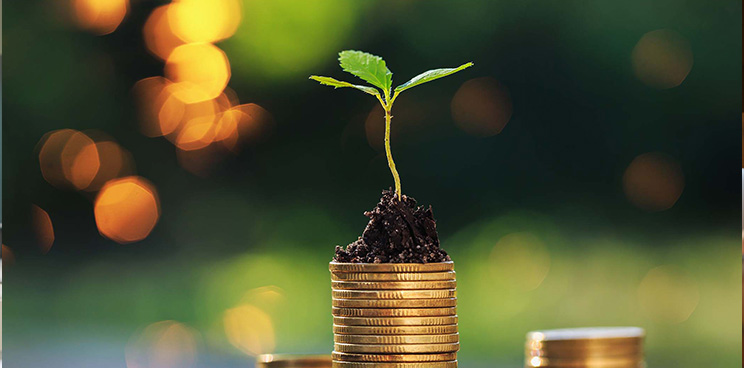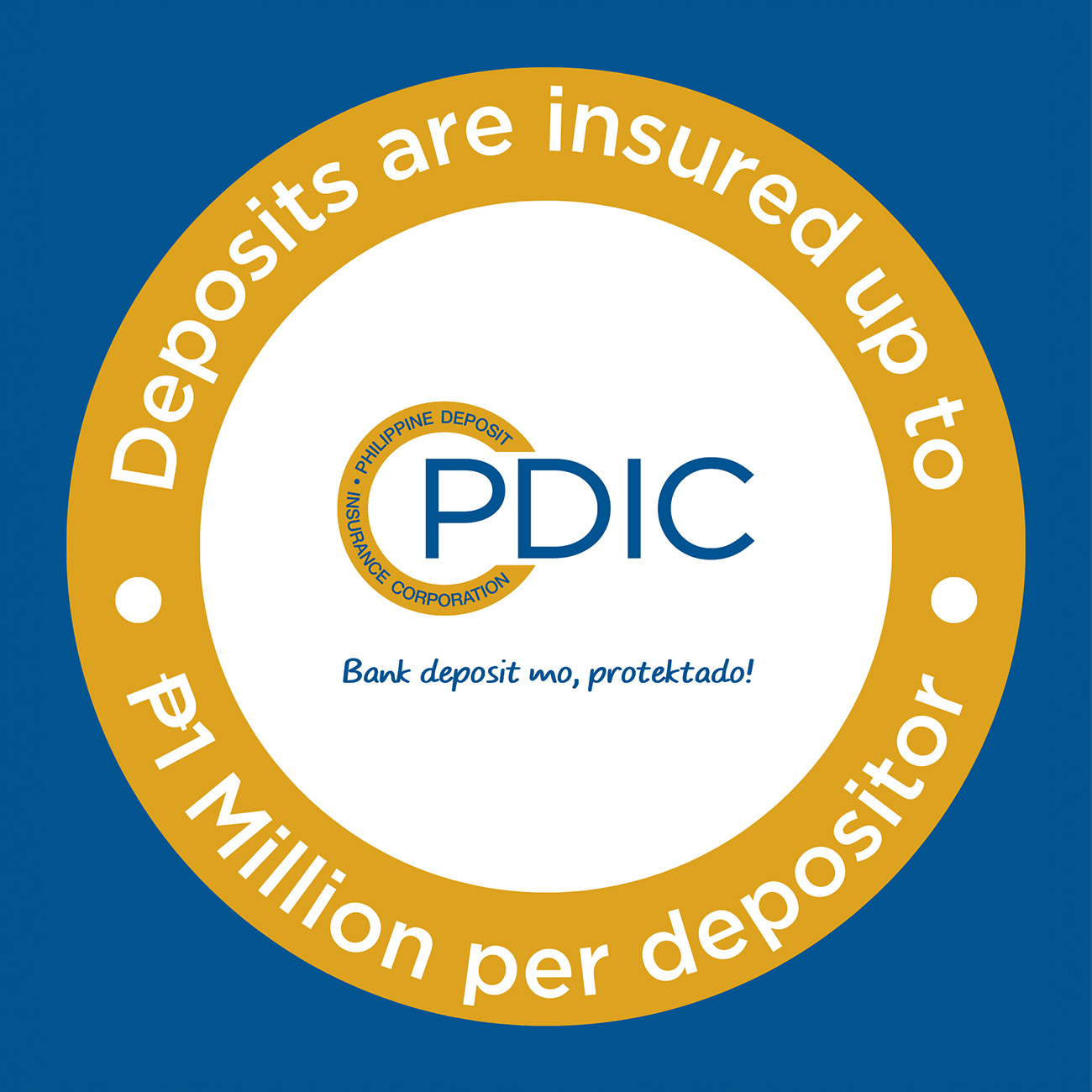In a world where sustainability is increasingly shaping conversations about the future, social sustainability has emerged as a key component of creating a balanced and thriving society.
While environmental sustainability often takes center stage, social sustainability focuses on the well-being of people, ensuring that communities are inclusive, equitable, and resilient.
Social sustainability is the practice of building systems and communities that prioritize the well-being and dignity of individuals. It is rooted in the idea that sustainable development isn’t just about preserving the planet but also about improving the quality of life for people today and in the future.
Key aspects of social sustainability include:
- Promoting equity and inclusivity.
- Supporting access to education, healthcare, and basic human rights.
- Creating fair working conditions and fostering community participation.
Social sustainability bridges the gap between environmental responsibility and societal progress. While environmental sustainability aims to preserve the Earth’s resources, social sustainability ensures that these resources are managed and distributed in ways that benefit people equitably.
Significance of Social Sustainability
Social sustainability is crucial for fostering communities that are resilient, adaptable, and prepared to meet future challenges. Here are some reasons why social sustainability matters:
Building Equitable Societies
Social sustainability ensures that all members of society, regardless of their background, have equal access to opportunities and resources. This reduces inequalities and fosters a sense of fairness and justice.
Creating Long-Term Stability Strengthening Social Bonds
By prioritizing social inclusion and community development, social sustainability strengthens relationships within communities, creating a sense of belonging and mutual support.
Empowering Individuals
Through initiatives like education, skill-building programs, and fair labor practices, social sustainability empowers individuals to contribute meaningfully to society.
Creating Long-Term Stability
When communities are inclusive and equitable, they are better equipped to handle environmental and economic challenges. Social sustainability ensures that development is not just short-term but also benefits future generations.
Social Sustainability in the Philippines
The Philippines is making strides toward social sustainability through various initiatives that aim to improve the quality of life for its citizens. Some areas of focus include:
Education and Skill Development
Programs that increase access to education and vocational training are helping marginalized communities acquire skills and secure employment. This fosters economic inclusion and reduces poverty.
Healthcare Access
Efforts to provide affordable and accessible healthcare services, especially in rural areas, contribute to better public health outcomes and reduce inequalities in healthcare delivery.
Gender Equality
The Philippines has been a regional leader in promoting gender equality, with policies that empower women to participate actively in the workforce and community development.
Community Development Programs
Grassroots initiatives that support housing, sanitation, and food security are addressing basic human needs and improving the standard of living in underserved communities.
Social sustainability isn’t just the responsibility of governments and organizations. Individuals can also contribute meaningfully to creating equitable and thriving communities. Here are some practical steps to promote social sustainability:
Support Local Enterprises
Choose to buy from local businesses that prioritize fair wages, ethical sourcing, and community development. Supporting these enterprises fosters economic growth at the grassroots level.
Volunteer and Advocate
Get involved in local projects that address social issues, such as education, healthcare, or housing. Advocacy for policies that promote equity, and inclusion can also drive systemic change.
Educate Yourself and Others
Understanding what social sustainability is and why it matters is the first step to taking meaningful action. Share this knowledge with friends, family, and your community to inspire collective efforts.
Promote Inclusivity
Be an advocate for diversity and inclusivity in your workplace, school, or neighborhood. Small actions, like encouraging diverse perspectives or supporting underrepresented groups, contribute to a more equitable society.
Participate in Sustainable Practices
Engage in practices that combine environmental and social sustainability. For example, participate in clean-up or tree planting activities that foster community solidarity.
Bridging Sustainability and Social Responsibility
Sustainability and social responsibility go hand in hand. By prioritizing social sustainability, we ensure that the benefits of sustainable practices extend to every individual in society. Businesses that adopt socially responsible practices, such as ethical labor policies and inclusive hiring, set an example for others to follow.
For instance, renewable energy projects not only address environmental concerns but also create job opportunities and improve living conditions for local populations.
Whether through environmental, economic, or social initiatives, sustainability efforts should aim to uplift communities and empower individuals.
Driving Change Toward Socially Sustainable Development
Social sustainability is essential for achieving a balanced and equitable future. By understanding the connection between sustainability and social impact, individuals, organizations, and governments can work together to build communities that are not only resilient but also inclusive and thriving.
To explore more about how sustainability efforts are transforming lives, check out initiatives in sustainable banking in the Philippines. These initiatives aim to promote financial inclusion, support social enterprise development, and empower underserved communities, creating opportunities for a more sustainable and socially equitable society.
The journey toward a sustainable future requires collective action and shared responsibility. Through partnerships and cooperation, we can address complex challenges and create lasting positive change.
Together, we have the power to drive meaningful transformation that benefits not only the present generation but also ensures a better future for generations to come.

Supporting Sustainability: Lessons from NGOs

3 Ways to Educate Yourself on Environmental Issues



